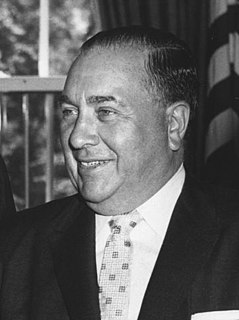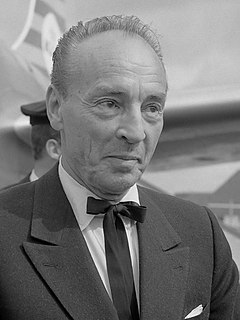A Quote by Ayn Rand
It is a policeman’s duty to retrieve stolen property and return it to its owners. But when robbery becomes the purpose of the law, and the policeman’s duty becomes, not protection, but the plunder of property - then it is an outlaw who has to become a policeman.
Related Quotes
In the nature of things, those who have no property and see their neighbors possess much more than they think them to need, cannot be favorable to laws made for the protection of property. When this class becomes numerous, it becomes clamorous. It looks on property as its prey and plunder, and is naturally ready, at times, for violence and revolution.
Now since man is naturally inclined to avoid pain - and since labor is pain in itself - it follows that men will resort to plunder whenever plunder is easier than work. History shows this quite clearly. And under these conditions, neither religion nor morality can stop it. When, then, does plunder stop? It stops when it becomes more painful and more dangerous than labor. It is evident, then, that the proper purpose of law is to use the power of its collective force to stop this fatal tendency to plunder instead of to work. All the measures of the law should protect property and punish plunder.
Love, and love as deeply as possible. And if love itself becomes the marriage, that is another thing, altogether different. If love itself becomes such an intimacy that it is unbreakable, that is another thing, that is not a legal sanction. Legal sanctions are needed only because you are afraid. You know that your love is not enough; you need the legal support for it. You know perfectly well that you can escape or the woman can escape, hence you need the policeman to keep you together. But this is ugly, to need a policeman to keep you together. That's what marriage is!
An older child, one who possesses a conscience, will be troubled with self-reproaches and feelings of shame for his naughtiness, even if he is not discovered. But our two-year-olds and our three-year- olds experience guilt feelings only when they feel or anticipate disapproval from the outside. In doing this, they have taken the first steps toward the goal of conscience, but there is a long way ahead before the policeman outside becomes the policeman inside.
As property, honestly obtained, is best secured by an equality of rights, so ill-gotten property depends for protection on a monopoly of rights. He who has robbed another of his property, will next endeavor to disarm him of his rights, to secure that property; for when the robber becomes the legislator he believes himself secure.
The mission of the law is not to oppress persons and plunder them of their property, even though the law may be acting in a philanthropic spirit. Its purpose is to protect persons and property.... If you exceed this proper limit -- if you attempt to make the law religious, fraternal, equalizing, philanthropic, industrial, or artistic -- you will then be lost in uncharted territory, in vagueness and uncertainty, in a forced utopia or, even worse, in a multitude of utopias, each striving to seize the law and impose it on you.


































